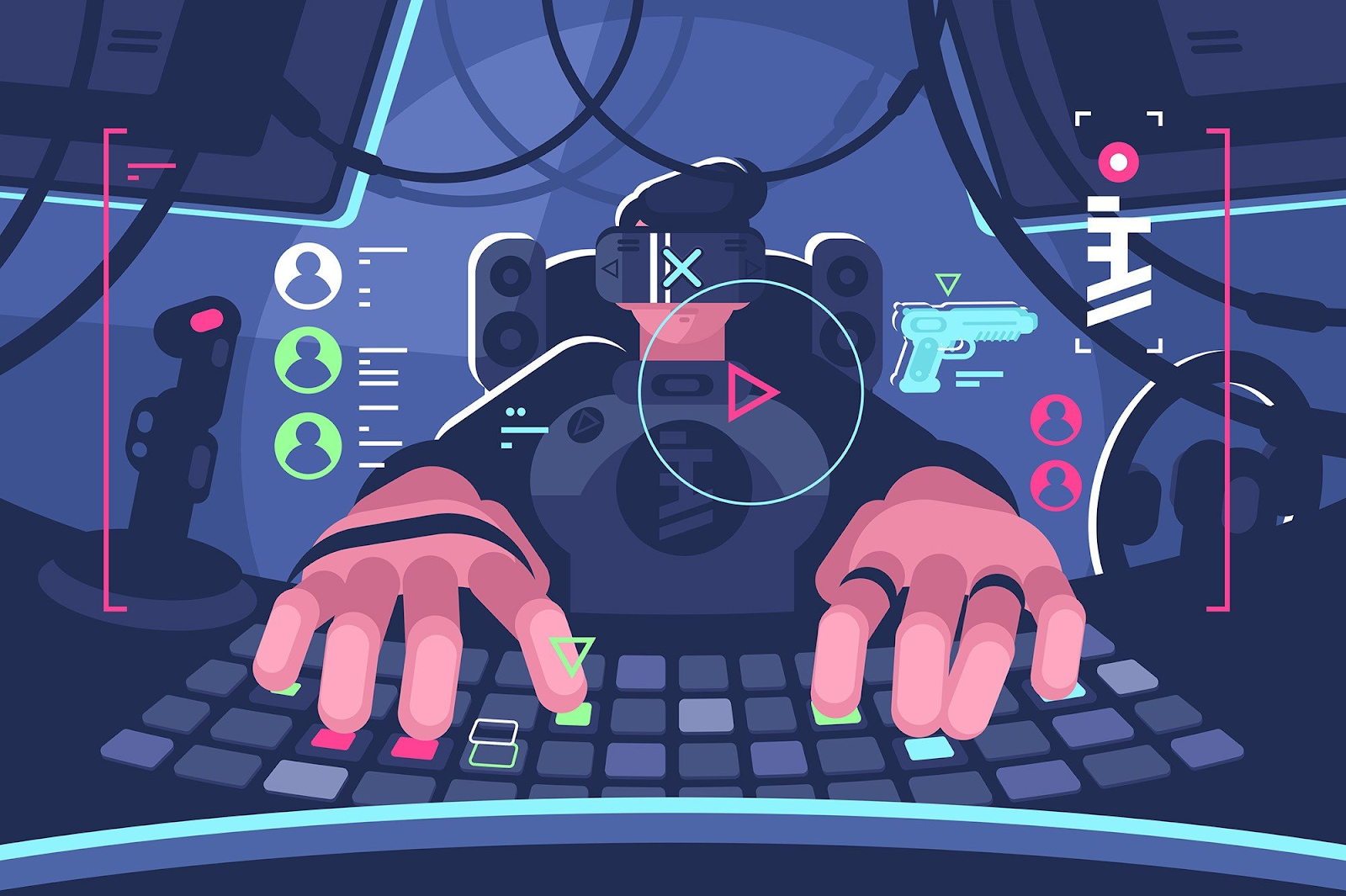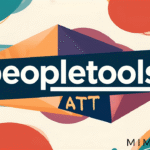What is a blockchain game?

Let’s be honest: “blockchain game” sounds like something from the world of hardcore crypto enthusiasts. But in reality, the concept is simple, logical, and — most interestingly — has every chance of changing the approach to the gaming industry as a whole. In this article, I will explain what a blockchain game is, why there is so much hype around it, and which teams, including Stepico, are already setting the pace in this direction.
And if you are looking for a reliable development partner, be sure to pay attention to blockchain game development companies with real case studies, not just pretty landing pages.
Nowadays, blockchain games are not just about tokens and NFTs. They are about transparency, player ownership, and an economy that actually works within the gameplay. You no longer just “spend” time in the game. You create assets that remain yours.
And that’s why working with an experienced blockchain game development company is the key to success. It’s important not only to be able to code smart contracts, but also to think like a game designer, analyst, and entrepreneur all at once.
What is a blockchain game: simple, without the hype
Essentially, a blockchain game is any gameplay where part of the logic, assets, or economy is based on blockchain. In most cases, this means:
- NFTs — items or characters that have a unique digital record on the blockchain
- Tokens — in-game currency that can be exchanged for real money
- Smart contracts — automated rules that govern game actions (e.g., buying land or upgrading weapons)
And most importantly, all of this is stored not on a centralized server, but in a decentralized system. The player is not dependent on the platform. If the game disappears tomorrow, their assets remain with them. This changes the rules of the game not only for the user but also for the studios.
What distinguishes a good blockchain game from NFT hype?
No, making a collection of monkeys with GIFs and tying it to gameplay is not a blockchain game. A quality product in this area is, first and foremost:
- Balanced gameplay
- Real benefits of tokens and NFTs
- Transparent economy
- Carefully crafted monetization
This is exactly what Stepico does. They don’t just “embed blockchain,” they create a full-fledged game where Web3 is not a feature, but part of the core.
Why blockchain games are becoming popular?
Here are a few reasons why this model works:
- The player owns the assets. Imagine that your legendary weapon or skin is not just “in your inventory” but recorded in your crypto wallet. This gives you a new level of control.
- Earning potential. Yes, not everyone plays to earn money. But the fact that it is possible has a serious impact on motivation.
- New economy. Token holders can influence the development of the game. Voting, staking, DAO — all of this opens up new formats for interaction.
- Cross-platform and security. Decentralized systems are more difficult to “close” or hack.
Who to trust with blockchain game development?
This is not a project where you should experiment with freelancers from the market. You need a team that understands not only blockchain, but also game development, design, monetization, and usability.
One such team is Stepico. They combine comprehensive expertise in game production with the latest Web3 technologies. Plus, they have an in-house R&D department and a team with a strong background in Unity, Unreal, and mobile development.
Types of blockchain games: what to bet on
There are several genres that have already proven their effectiveness:
- Card-based strategy — NFT cards are easy to implement here
- MMORPG — huge worlds with built-in economies and DAOs
- Clicker/Idle games — easy entry, deep tokenomics
- Move-to-earn/Play-to-earn formats — where the player receives tokens for certain actions
If you don’t know where to start, talk to studios that have already gone down this path. A good blockchain game development company will not only tell you how to implement your idea, but will also immediately show you why it may (or may not) work in real market conditions.
Conclusion
Blockchain games are not a temporary trend, but the next logical evolution of the gaming industry. They are changing the approach to ownership, monetization, and player engagement. But to realize this potential, you need an experienced team.
If you are interested in creating your own Web3 game, start by talking to Stepico. They know exactly how to turn a blockchain game into a real business.





